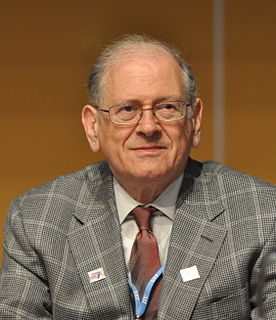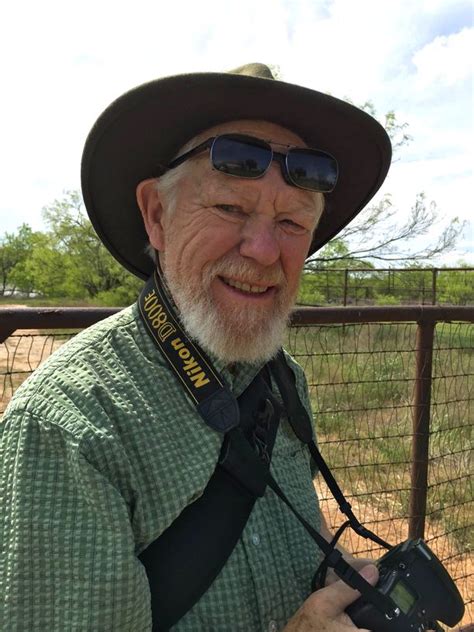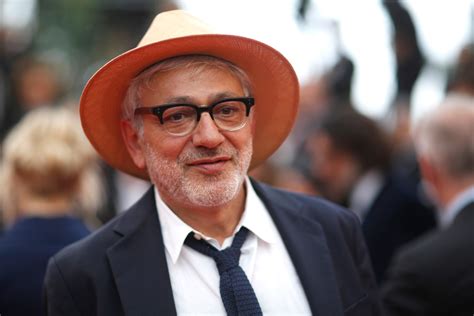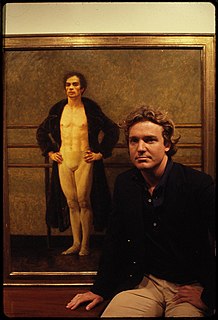A Quote by Robert E. Kahn
I think we're just going to have to live with the microcosm in the electronic world of the kind of things that we might see in the physical world.
Related Quotes
Well, I really want to encourage a kind of fantasy, a kind of magic. I love the term magic realism, whoever invented it – I do actually like it because it says certain things. It's about expanding how you see the world. I think we live in an age where we're just hammered, hammered to think this is what the world is. Television's saying, everything's saying 'That's the world.' And it's not the world. The world is a million possible things.
I see the experience of pictures as a kind of cycle, a kind of circular motion in which you're in the world, then you enter the picture and you're in a different world (it's not the same as the one you live in, but recognizable as one you might live in). And then you're returned to your world with an enlarged sense of its possibilities.
From early childhood, I was interested in understanding how the world worked, and assumed I would be some kind of physical scientist or chemist. But the truth was, I didn't know there was another kind of world, the inner world, that was just as interesting, if not more relevant, than what was going on in the outside world.
Science fiction isn't just thinking about the world out there. It's also thinking about how that world might be - a particularly important exercise for those who are oppressed, because if they're going to change the world we live in, they - and all of us - have to be able to think about a world that works differently.
Science fiction isn’t just thinking about the world out there. It’s also thinking about how that world might be—a particularly important exercise for those who are oppressed, because if they’re going to change the world we live in, they—and all of us—have to be able to think about a world that works differently.
All things which have a directing force here in the physical world cease to exist when one arrives in the imaginative world. If, on the physical plane, you imagine yourself to have done something you actually have not done, you will soon be persuaded by the facts of the physical world that this is not so. This is not the case in astral space.



































